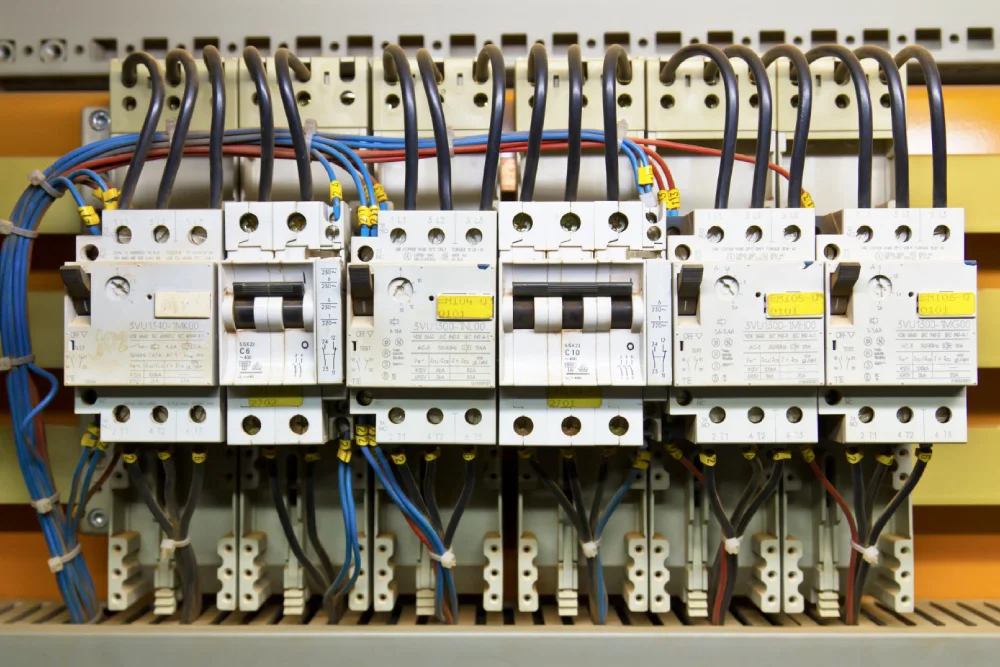Navigating the Maze: Understanding the Different Types of Conduits in Construction

When planning any construction or engineering project, choosing the right type of conduit is as crucial as selecting the foundation of a building. Conduits, though often hidden, play a pivotal role in protecting electrical wiring and ensuring the safety and functionality of modern structures. Let’s dive into the various types of conduits and their specific uses in the industry.
The Backbone of Safety: Metallic and Non-Metallic Conduits
Metallic Conduits
1. Rigid Metal Conduit (RMC)
RMC is known for its solid protection. Made from coated steel or aluminium, it provides excellent protection against physical impacts and is often used in industrial environments where severe conditions are common.
2. Electrical Metallic Tubing (EMT)
Lighter than RMC, EMT is a popular choice for indoor applications. It’s easy to install and bend, making it ideal for complex layouts in commercial buildings.
3. Flexible Metal Conduit (FMC)
For areas requiring flexibility, FMC comes into play. It’s perfect for connections that might move or vibrate, such as motors or large machines.
Non-Metallic Conduits
1. Rigid Non-Metallic Conduit (RNC)
Made from PVC, RNC is corrosion-resistant and suited for damp environments. It’s lighter than metallic options and often used in underground or exposed outdoor settings where corrosion is a concern.
2. Liquid Tight Flexible Non-Metallic Conduit (LNFC)
This type offers waterproof protection, making it suitable for use in areas exposed to moisture. LNFC is flexible and can be used in various scenarios where a rigid conduit would not be feasible.
Specialized Conduits for Enhanced Protection
1. Galvanized Rigid Conduit (GRC)
GRC is a heavyweight contender in the conduit family. Its thick, galvanized walls make it highly resistant to corrosion and physical damage. This conduit is a top choice for industrial environments that demand robust protection.
2. Aluminum Conduit
Lightweight and corrosion-resistant, aluminum conduit is excellent for marine environments and chemical plants where rust and corrosion are prevalent threats.
3. Stainless Steel Conduit
Offering the highest resistance to corrosion and heat, stainless steel conduit is ideal for harsh environments, including food processing plants and areas with extreme temperature variations.
Choosing the Right Conduit: Considerations and Tips
Selecting the right type of conduit involves understanding the specific needs of your project. Consider factors like environment, the presence of hazardous materials, mechanical stress, and installation challenges. Consulting with industry experts can provide insights and help tailor the best conduit solution for your project's unique demands. The diverse types of conduits available today offer tailored solutions that ensure the safety and efficiency of electrical systems in various environments. From robust metallic options to versatile non-metallic varieties, understanding these options helps professionals make informed decisions that enhance the longevity and safety of their projects. Whether for a high-rise building or a sophisticated industrial setup, the right conduit is key to successful project execution.








